Whether it was a curmudgeonly grandfather yelling, “What are you going to do once TikTok is gone,” or a millennial micro-influencer making a “TikTok Ban Explained” video, everyone has probably heard the rumors by now. But could TikTok really be getting banned? It’s complicated.
So far, the bill has only passed in the House after a heated Congressional hearing. According to AP government teacher David Heidt, it still has many steps before it becomes law.
“Once a bill passes one chamber of Congress, the bill has to pass in the other chamber. If the Senate version of the bill and the House version are not the same, the chambers reconcile the bill in a conference committee. Then both chambers have to vote on the reconciled bill again. Next, the bill goes to the president, where the president has the opportunity to sign or veto the law,” said Heidt.
While the House passed the TikTok bill with an overwhelming 352-65 majority, and President Biden signaled he is willing to sign the bill into law, it is unclear whether there is political will in the Senate to garner enough votes.
The reason TikTok is under so much scrutiny is not really because the government cares about chronically online teenagers or potentially dangerous TikTok “challenges.” At the core of congressional debates around the app is the infamous tech race with China.
In the 21st century, wars are not fought on battlefields, they are advanced through AI research labs and top ten universities. Unfortunately for teenage social media stars, TikTok has been caught in the crosshairs.
ByteDance, a Beijing-based software company, developed TikTok and now owns 100% of the company. House Congresspeople, suspecting Chinese censorship on the app and uncomfortable with a Chinese tech company becoming so powerful, introduced a bill prohibiting TikTok usage in the United States unless ByteDance divests from TikTok. So it’s not really a ban, just the threat of a ban.
Divestiture would require ByteDance to establish TikTok as an independent company open to diversification of stakeholders, reducing their ownership from 100% to less than 20%. New, likely American, stakeholders in the company would likely have voting control over business decisions, which would placate Congresspeople worried about Chinese control.
It seems unfeasible for ByteDance to sell their crowning achievement, but divesting from TikTok might be their most profitable avenue. Though their role in the company would be greatly reduced, they would reap the profit of selling parts of the company, and, more importantly, avoid losing their most dedicated consumer base via the threatened U.S. ban.
Divestiture through a sale, a stock swap, or an IPO could mean online creators get to keep their precious TikTok app, ByteDance could keep significant profits, and Congress could get a tech race win. The only obstacle is potential Chinese government opposition.
As a country also interested in winning the tech race, the People’s Republic of China (PRC) may benefit from protecting ByteDance’s full ownership of the multibillion dollar streaming service. TikTok is on the list of China’s “protected technologies,” meaning the Chinese government would need to approve the sale before ByteDance can divest.
Now, until the TikTok bill becomes law, businesses will probably hold off on making their motives public. If the bill does pass, TikTok addicts should hope ByteDance and the PRC are open to divestiture, lest they lose their primary source of entertainment.




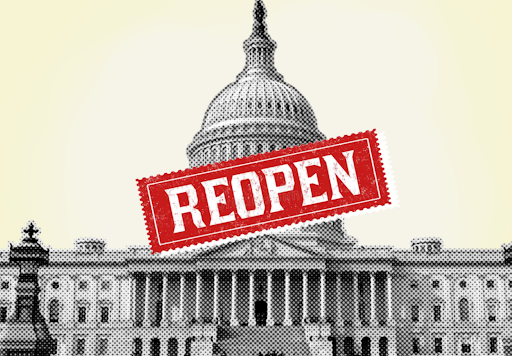

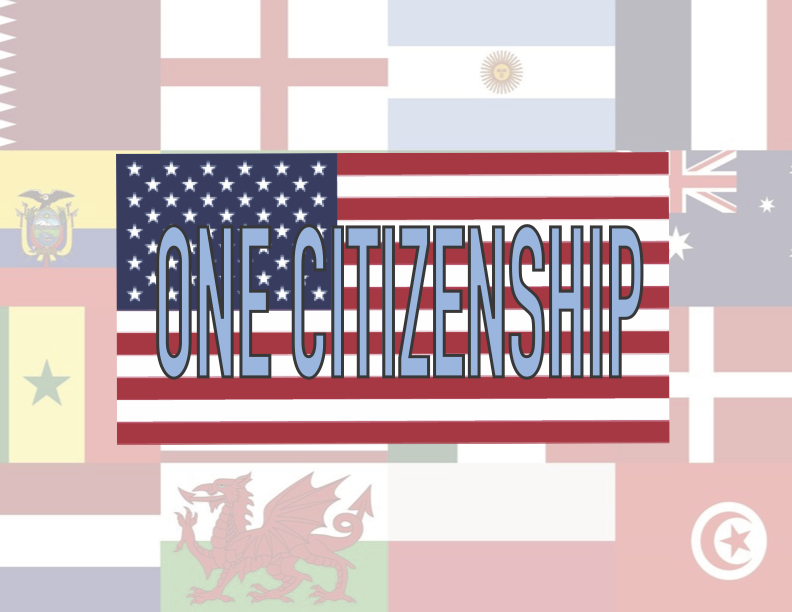

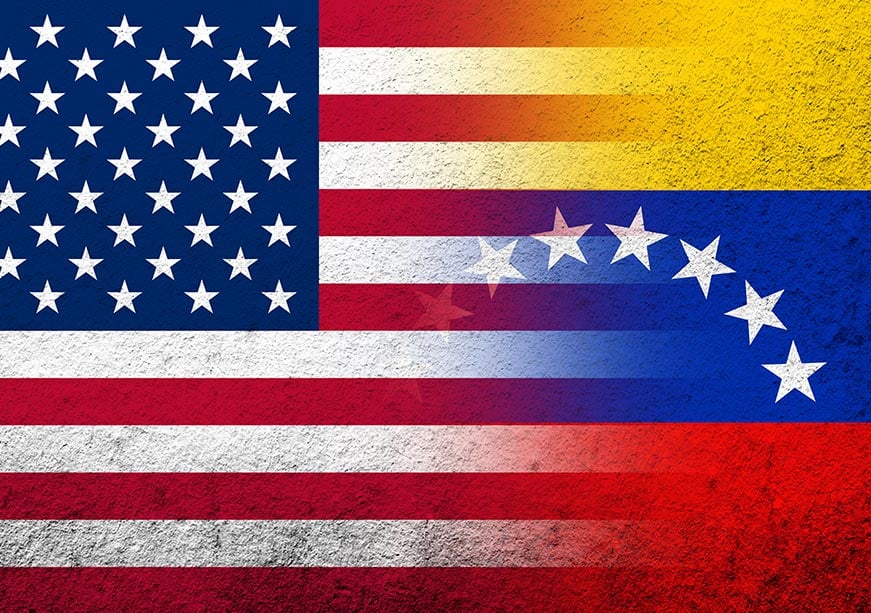
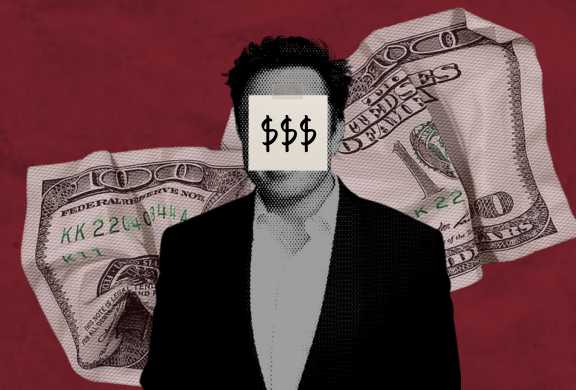







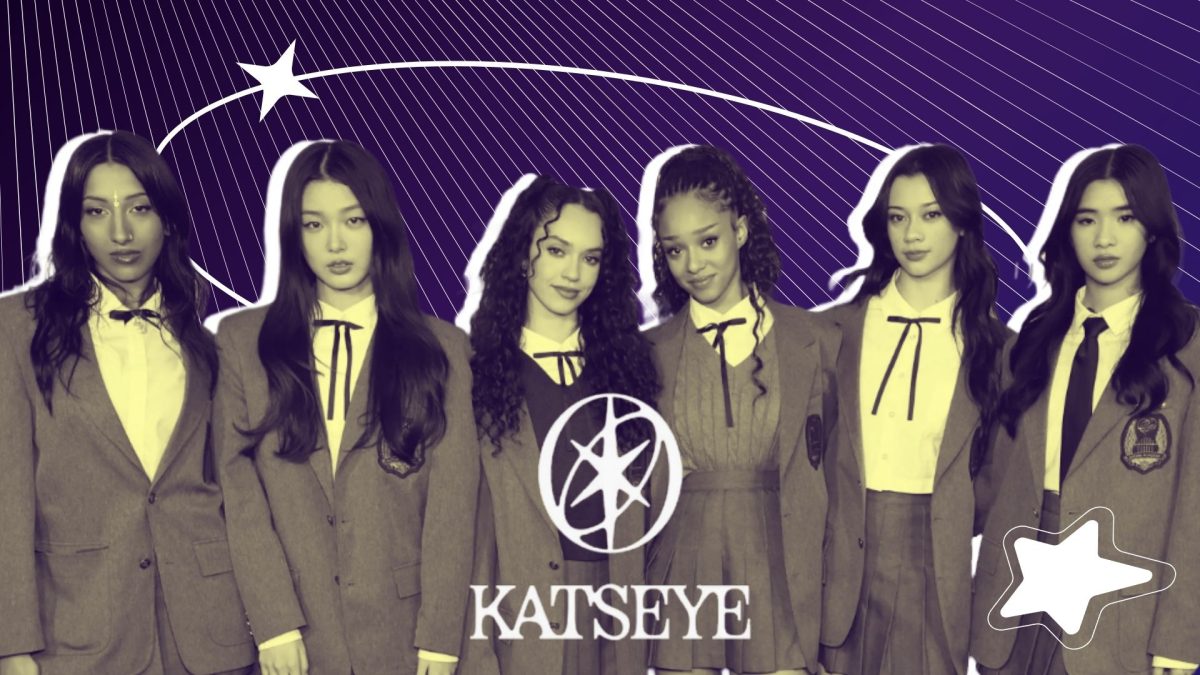






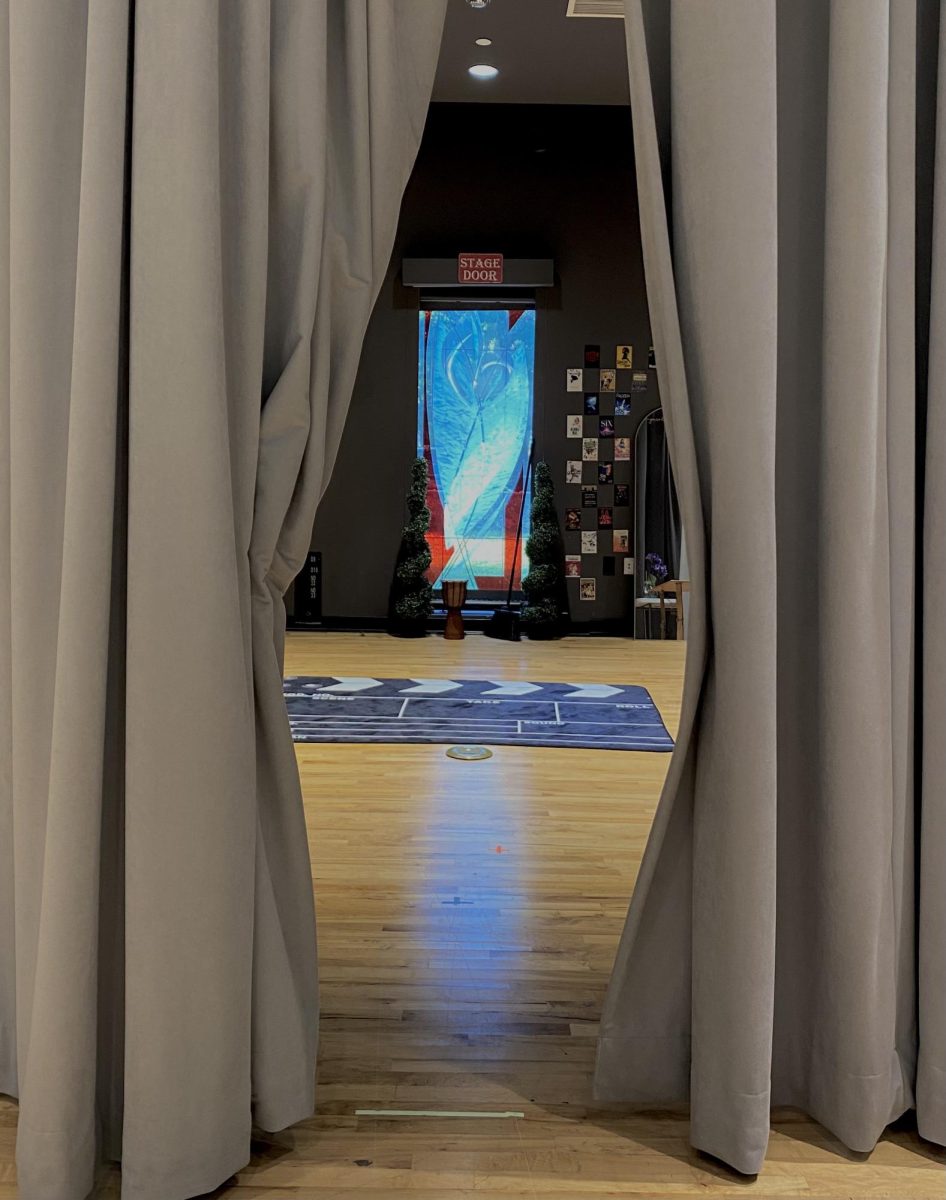




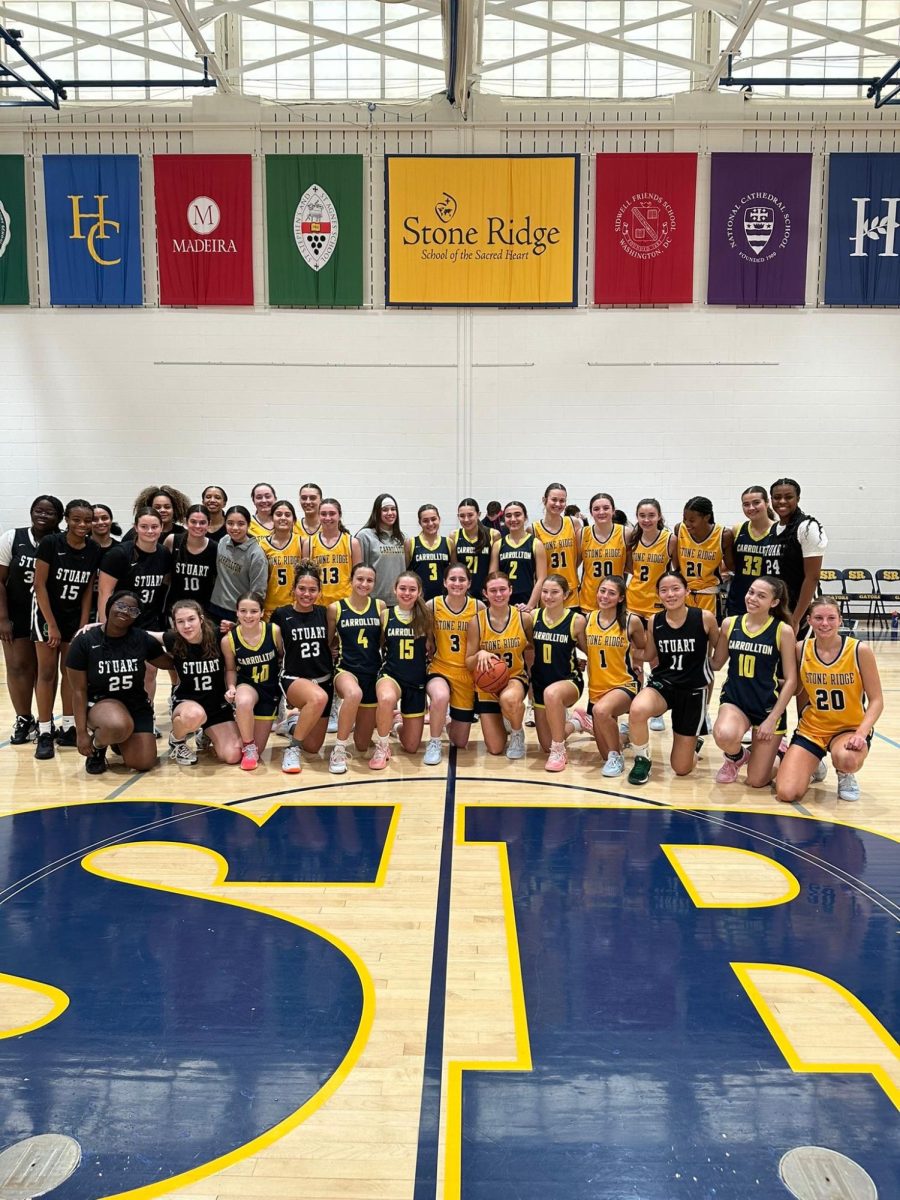









Cristy Roos • May 6, 2024 at 9:14 pm
Very insightful article!!!
Michele Patterson • May 6, 2024 at 9:33 am
Excellent!
Sofia Barrera • Apr 17, 2024 at 12:37 pm
Great Article, Dani!!